Hooligans and Homicide UK Trip 2019
We started our day bright and early and getting lost on the tram. Dublin has great public transport, but it is not quite labeled as well enough. We went to the Criminal Courts of Justice. My information on this court might be a little off since we were not allowed to have our phones which is where I take notes. The original court building was in the Four Courts building, but it is very old and grew too small. The High Courts (similar to our Supreme Court) and the lower courts, which handle civil cases, still remains there. The District Courts of Dublin were moved to this new building we were touring and only handled criminal cases. This is an absolutely beautiful building, inside and out. I wish I were able to take pictures of the inside. The building actually won several architecture awards for being so well built and designed. There are I think 8 court rooms, judges chambers, and judicial assistant/ researcher offices in the court. Each court room is explosion proof so that if a bomb goes off in the court room, it we be contained in that room only. We first sat in a court room and got an introduction to the place. We then took the judges' secret pathway up to their chambers. We got to speak to two District Court judges for a while. One of them is permanently assigned to Dublin, and the other was a "floating judge." She goes to all different districts in Ireland based on where she is needed. We then got to see the rooftop garden and were able to take some photos up there. Court sessions start at 10:45 a.m. so we split into groups and went to watch some hearings. I was in a court room with the male judge we spoke with earlier. He actually introduced us to the entire court, which made some of the criminals nervous. Two of them clapped for us. My colleague was embarrassed, but I thought it was funny since he introduced us as, "American law students from the University of George Mason from West Virginia." It was the thought that counted. The hearings were very informal, very confusing, and very fast. It was hard for me to follow and hear with what each person was being charged. The persons name was called, an officer read their offenses, the barrister and judge exchanged words for less than 30 seconds, and then the barrister and defendant would leave. Then, the barrister would come back and likely defend another person in a few minutes. I learned from my Law and Justice around the world the differences between barristers and solicitors. Both are lawyers. Solicitors are your initial contact after being arrested. They collect all the evidence, do the research, and prepare the case. However, they are not allowed to present the case. Only barrister can do that. They have extra schooling that allows them to present to the judge. So when you need a lawyer in Ireland and the U.K., you have to hire both a solicitor and a barrister. We left the courts, and took a tram to the An Garda Síochána Headquarters. The Garda are what the police service is called in Ireland. An Garda Síochána translate roughly to, "guardians of the peace." There are about 14,000 Garda throughout Ireland. They are only armed with pepper spray, handcuffs, and a baton. Most have only used the pepper spray or baton once or twice. There has been a slight increase in violent crime, but there is still less than 8 murders annually.There are no body worn cameras. Forensics are all done in house except for very high profile cases We had a presentation from the Inspector of the station. He gave us a throughout rundown of the history of the Garda. Lunch was provided for us in their canteen (cafeteria.) We then recieved a presentation on their training process and facility, which was very interesting. Apparently, the officers have to be taught Irish which is neat. Finally, we had a brief talk with a Diversion Officer of the Children Court about why people commit crimes. His job is to target as risk kids or kids who are already offenders and help them with therapy rather than jail time. The biggest sentence anyone in Ireland can get is a "life sentence" of 17 years. The diversion officer talked about how punishment doesn't work and how prevention and education are the key to lowering crime. We returned to the hotel, & all 12 students went out for Korean BBQ.
clarabreeding
25 chapters
Dublin Day 2
We started our day bright and early and getting lost on the tram. Dublin has great public transport, but it is not quite labeled as well enough. We went to the Criminal Courts of Justice. My information on this court might be a little off since we were not allowed to have our phones which is where I take notes. The original court building was in the Four Courts building, but it is very old and grew too small. The High Courts (similar to our Supreme Court) and the lower courts, which handle civil cases, still remains there. The District Courts of Dublin were moved to this new building we were touring and only handled criminal cases. This is an absolutely beautiful building, inside and out. I wish I were able to take pictures of the inside. The building actually won several architecture awards for being so well built and designed. There are I think 8 court rooms, judges chambers, and judicial assistant/ researcher offices in the court. Each court room is explosion proof so that if a bomb goes off in the court room, it we be contained in that room only. We first sat in a court room and got an introduction to the place. We then took the judges' secret pathway up to their chambers. We got to speak to two District Court judges for a while. One of them is permanently assigned to Dublin, and the other was a "floating judge." She goes to all different districts in Ireland based on where she is needed. We then got to see the rooftop garden and were able to take some photos up there. Court sessions start at 10:45 a.m. so we split into groups and went to watch some hearings. I was in a court room with the male judge we spoke with earlier. He actually introduced us to the entire court, which made some of the criminals nervous. Two of them clapped for us. My colleague was embarrassed, but I thought it was funny since he introduced us as, "American law students from the University of George Mason from West Virginia." It was the thought that counted. The hearings were very informal, very confusing, and very fast. It was hard for me to follow and hear with what each person was being charged. The persons name was called, an officer read their offenses, the barrister and judge exchanged words for less than 30 seconds, and then the barrister and defendant would leave. Then, the barrister would come back and likely defend another person in a few minutes. I learned from my Law and Justice around the world the differences between barristers and solicitors. Both are lawyers. Solicitors are your initial contact after being arrested. They collect all the evidence, do the research, and prepare the case. However, they are not allowed to present the case. Only barrister can do that. They have extra schooling that allows them to present to the judge. So when you need a lawyer in Ireland and the U.K., you have to hire both a solicitor and a barrister. We left the courts, and took a tram to the An Garda Síochána Headquarters. The Garda are what the police service is called in Ireland. An Garda Síochána translate roughly to, "guardians of the peace." There are about 14,000 Garda throughout Ireland. They are only armed with pepper spray, handcuffs, and a baton. Most have only used the pepper spray or baton once or twice. There has been a slight increase in violent crime, but there is still less than 8 murders annually.There are no body worn cameras. Forensics are all done in house except for very high profile cases We had a presentation from the Inspector of the station. He gave us a throughout rundown of the history of the Garda. Lunch was provided for us in their canteen (cafeteria.) We then recieved a presentation on their training process and facility, which was very interesting. Apparently, the officers have to be taught Irish which is neat. Finally, we had a brief talk with a Diversion Officer of the Children Court about why people commit crimes. His job is to target as risk kids or kids who are already offenders and help them with therapy rather than jail time. The biggest sentence anyone in Ireland can get is a "life sentence" of 17 years. The diversion officer talked about how punishment doesn't work and how prevention and education are the key to lowering crime. We returned to the hotel, & all 12 students went out for Korean BBQ.
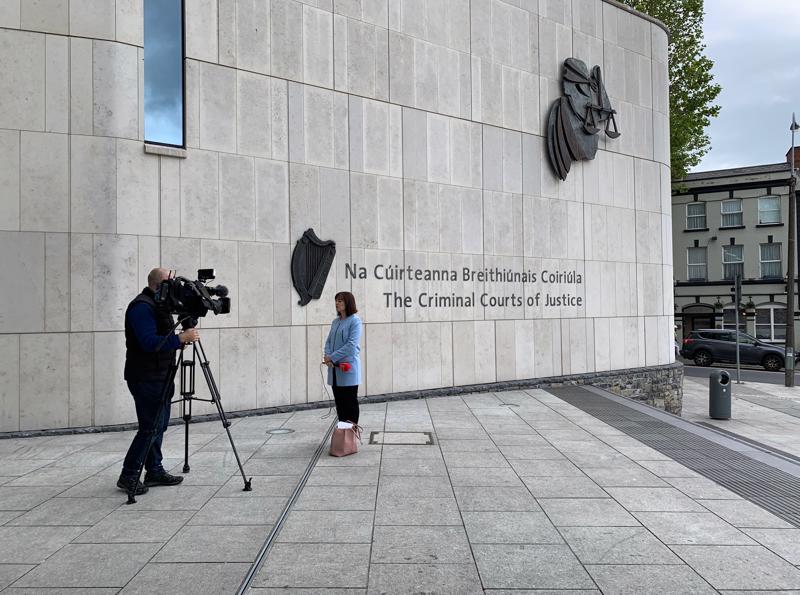
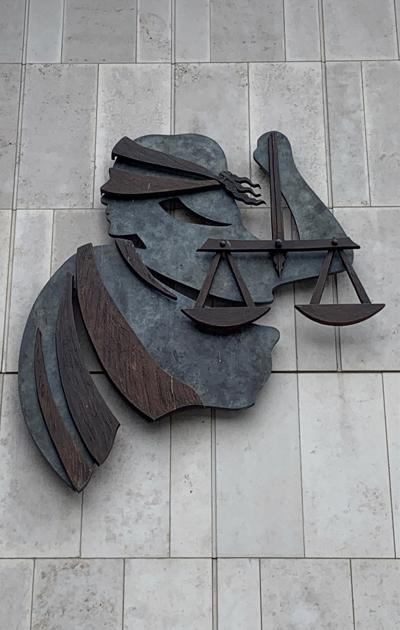
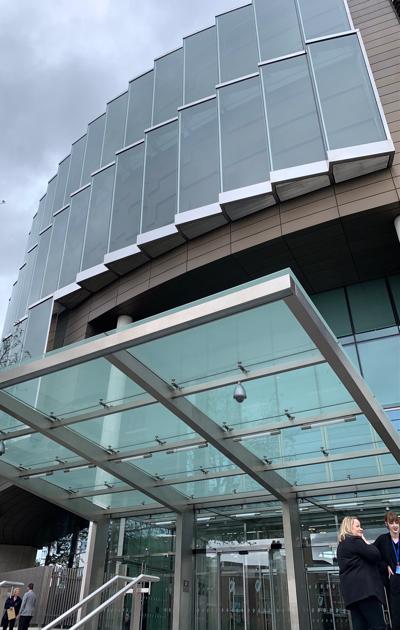
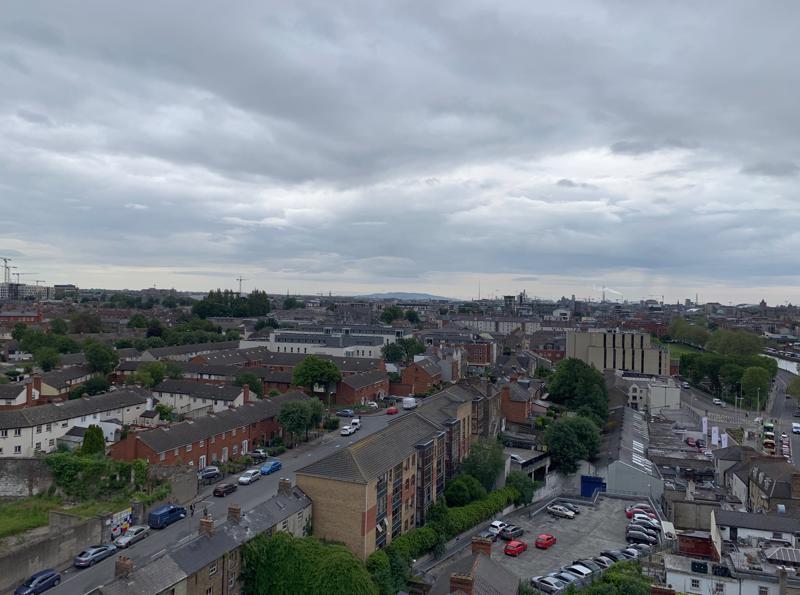
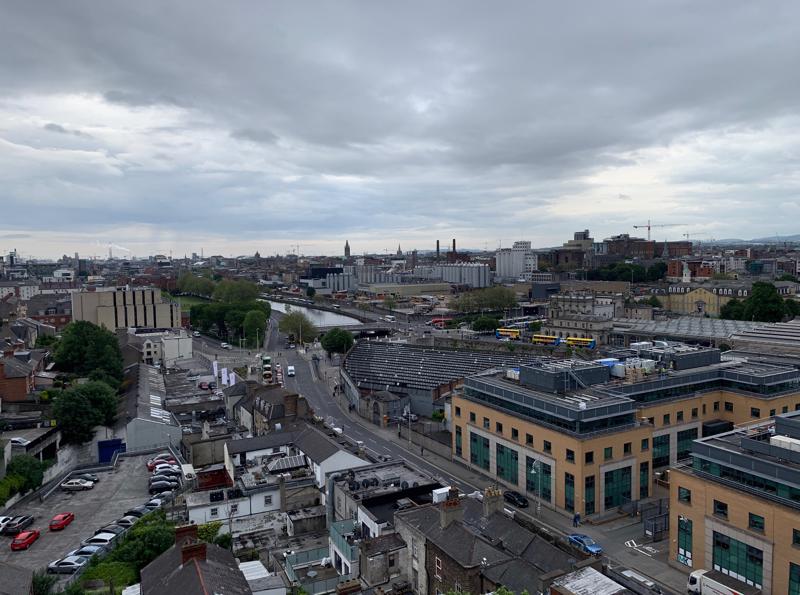
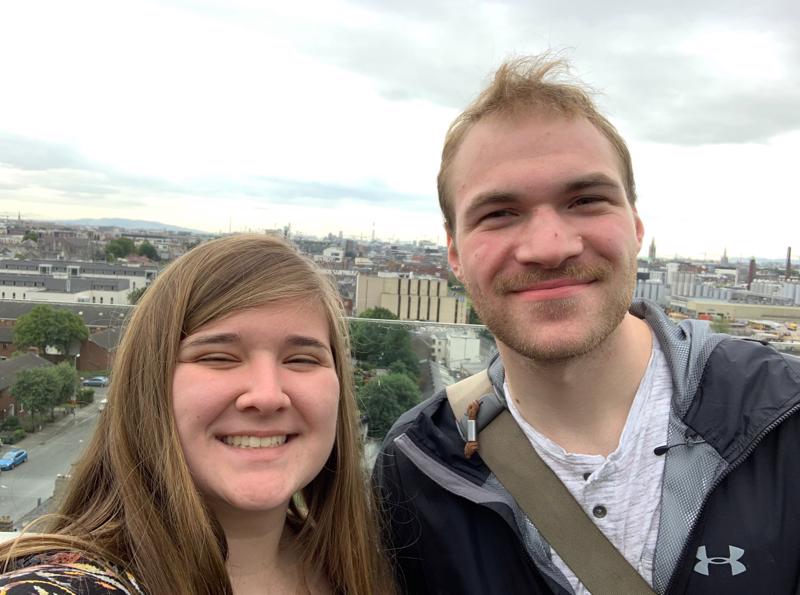
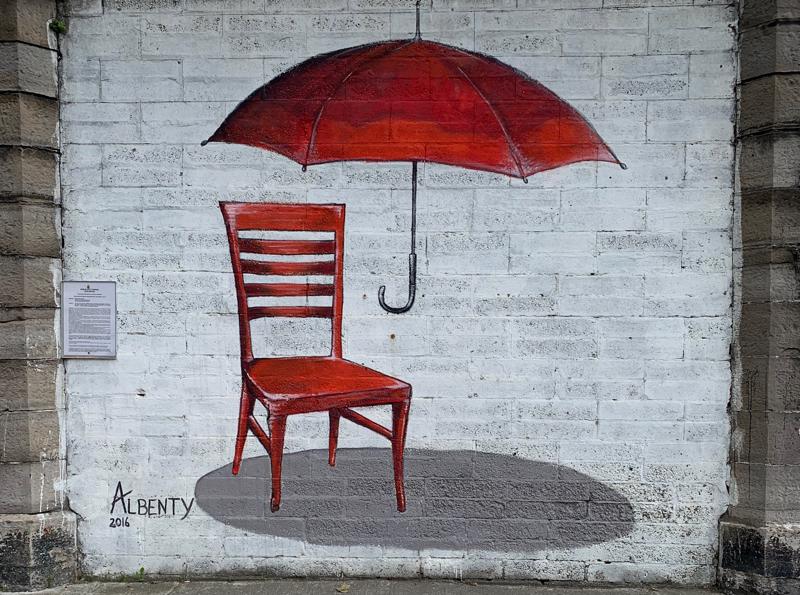
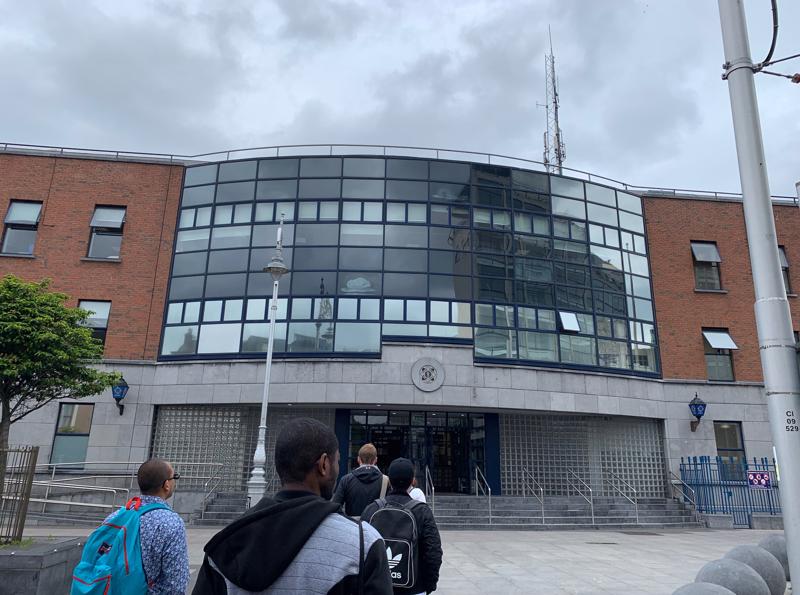
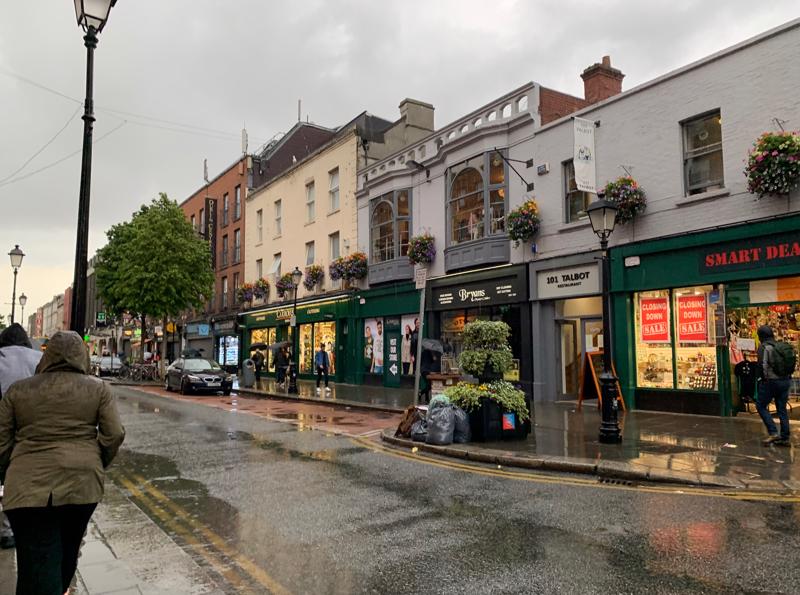

1.
Introduction
2.
Arriving in London
3.
Reading Station Police
4.
Thames Valley Headquarters and Oxford
5.
Nottingham and Leeds Day 1
6.
Leeds Day 2
7.
Leeds Day 3
8.
Leeds Day 4
9.
Leeds Day 5 and Liverpool Day 1
10.
Liverpool Day 2
11.
Liverpool Day 3
12.
Liverpool Day 4
13.
Transport from Liverpool to Dublin
14.
Dublin Day 2
15.
Dublin Day 3
16.
Dublin Day 4 travel to Belfast Day 1
17.
Belfast Day 2
18.
Belfast Day 3
19.
Belfast Day 4
20.
Belfast Day 5 traveling to Dumfries Day 1
21.
Dumfries Day 2
22.
Dumfries Day 3
23.
Dumfries Day 4
24.
Dumfries Day 5 and Edinburgh Day 1
25.
Edinburgh Day 2
Share your travel adventures like this!
Create your own travel blog in one step
Share with friends and family to follow your journey
Easy set up, no technical knowledge needed and unlimited storage!
© 2025 Travel Diaries. All rights reserved.